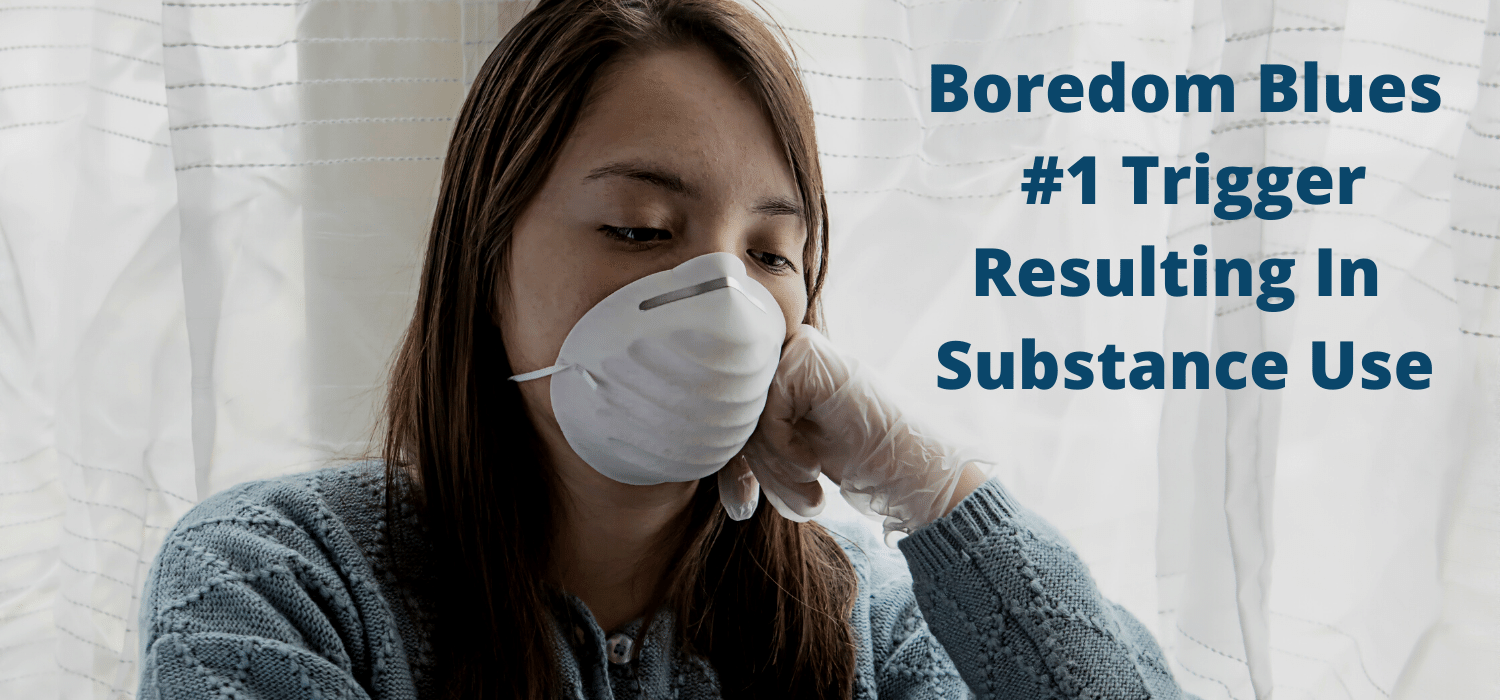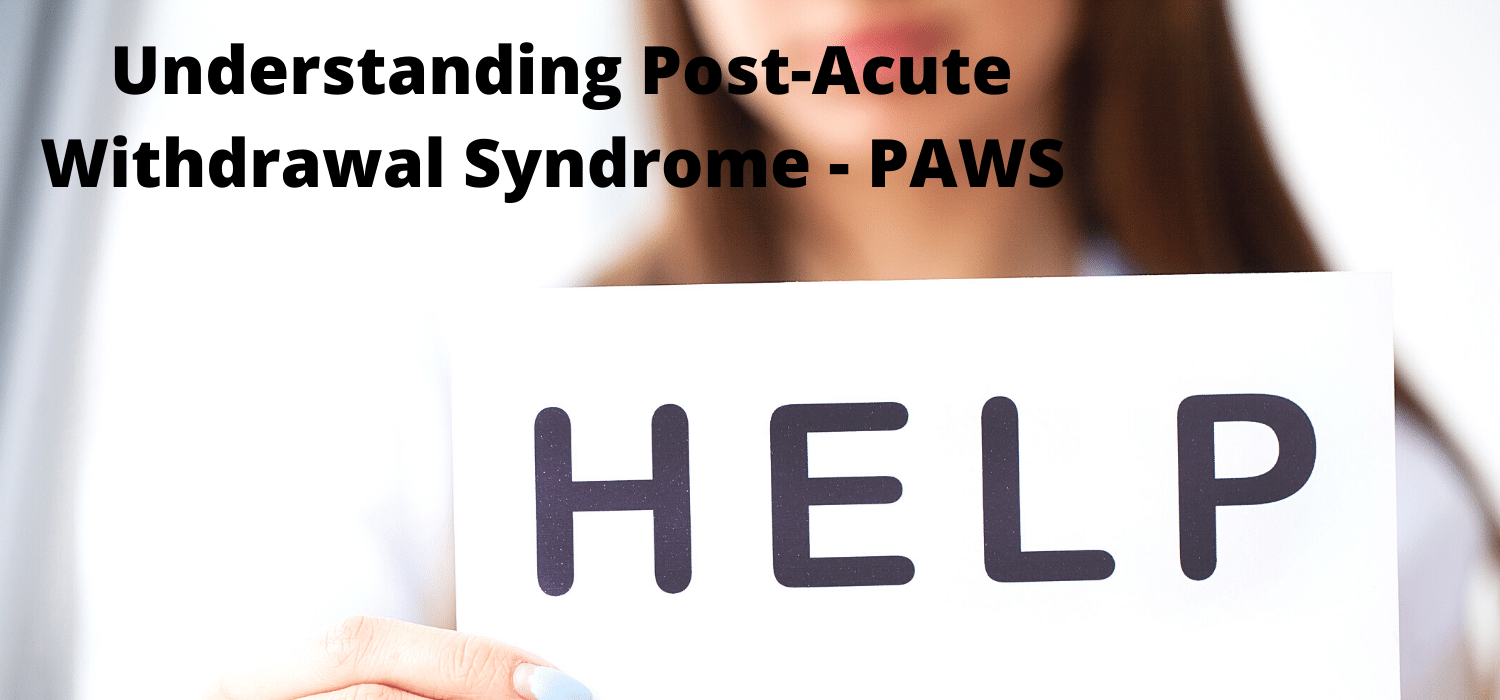
Substance use is considered using any mind-altering chemicals such as alcohol, illicit drugs, over-the-counter (OTC) medications, and prescription drugs that are not prescribed to the user by a doctor or taken as prescribed by the user. There are many teen substance abuse issues parents need to have awareness of more than ever during the COVID-19 lockdowns to both help their young person get through withdrawal and prevent relapses.
Boredom is the #1 Trigger for Substance Use
Young people have a much lower threshold for boredom than an adult does. Their brain is constantly seeking stimulation and they are naturally more predisposed to risk taking behaviors and impulsivity than an adult. Since we are all cooped up inside together for an extended period of time, young people might consider using substances to make an otherwise mundane day a little more stimulating.
Encourage and Engage Your Teen
Do the best that you can to encourage them to get out of their room and engage with the family or go outside for an hour or so each day. They will drag their feet and complain that they don’t “feel like it” and they “don’t want to,” but stay consistent in your request/command that they come out of their room and leave the phone behind for an hour or two a day. They don’t have to be happy about it, they just need to do it.
You need to also engage with them. If they are expected to be outside for an hour with no screens, you need to do that preferably with them. Play video games with them. Make a TikTok video with them. Ask them what they would like to do and enthusiastically participate in their interests.

Drug and Alcohol Cravings are Real
Your teen has not only been ripped out of their daily routine of school, work, sports, etc. but they have also likely lost access to their source of drugs and alcohol. With this sudden change, cravings are likely to occur.
Common Signs of Drug & Alcohol Cravings in Teens & Young Adults
When someone experiences cravings for certain substances they can seem preoccupied, irritable, short tempered, moody, lethargic, and perhaps engage in “shady” behavior trying to seek something to relieve them of the craving. They may stress eat and consume more sugar than usual, as sugar releases dopamine which gives them the feel-good feeling.
How To Relieve Drug & Alcohol Cravings
If someone is coming off of drugs or alcohol, eating sugar can be helpful. Exercise, even just a brisk walk, can help stimulate dopamine production. Watching something funny and laughing helps stimulate dopamine production that can help cravings.
Keep Your Teen Occupied To Reduce Cravings
Most important to note is that cravings typically last about 10-20 minutes then subside. If a young person can occupy themselves for that duration of time until the craving passes then they can lower their chance of a relapse. Cravings can and will happen throughout the day especially in early sobriety, so if they need to drop what they are doing to occupy themselves in a productive way, please support them. The one thing young people want their loved ones to know is that when they tell you they are experiencing a craving, this does not mean you should panic. By them acknowledging the craving they are being aware that it is happening and telling you so that their support system can know what is going on. This is a good thing! Ask your young person how you can support them. If it is just lending an ear and letting them take care of themselves then that is all that is needed.
Remove Temptation and Lock Up Your Over-The-Counter Medications (and Prescriptions Medications)
During this lockdown your young person likely has lost access to their illicit substance of choice. In this case, they may turn to everyday substances found in the home to get them through. Over the counter medications have just as much potential for abuse as prescription drugs.
OTC medications that can be abused and might be around your home include:
- Antihistamines such as Benedryl
- Cough medicine such as NyQuil, Mucinex
- Anti-diarrheal medications
For more information on OTC medications that can be abused and their side effects please visit https://www.drugabuse.gov/publications/drugfacts/over-counter-medicines .
Prevent Teen Substance Abuse By Reducing Access
If you have a young person in the house that you suspect might be abusing OTC medications or could possibly try experimenting with medications, gather all medication in the house and put it away in a safe and hidden spot. Give out OTC meds when requested from your young person.
Prescription medications can also be taken and abused by a non-prescribed member of the family. That bottle of codeine cough medicine your doctor gave you 3 months ago…lock it up. The pain prescription you got for your root canal last year….lock it up.
Have a conversation with your young person, or give us a call to have a conversation with your young person, about using and abusing medications that are not prescribed to them. Do not give out prescription medication to people that have not been prescribed! You are not your family’s MD! There may be side effects or other drug interactions that you or your family members are not aware of.
There Are Dangers of Withdrawing from Alcohol and/or Benzodiazepines (aka Xanax, Valium)
If your young person has been drinking heavily, often and/or abusing the prescription drug Xanax (street name “bars,” “handlebars,” “benzos,” “school bus”) and suddenly they are unable to procure more of these substances, they could be at risk for a dangerous withdrawal.
Alcohol and Benzodiazepines are the two substances that can cause seizures and death during the withdrawal process. They should be taken to a detox facility, rehab, or ER for medical assistance while detoxing from these substances. For more info on withdrawal symptoms click here https://americanaddictioncenters.org/withdrawal-timelines- treatments/risk-of-death.
These two substances are frequently abused by young people and at times alcohol use is encouraged or provided by parents in a misconstrued attempt at “teaching” their young person how to drink safely. The fact of the matter is, there is NO way to teach a young person how to drink safely. Watch this video for more details https://www.youtube.com/watch?v=flC30ZniwnM&fbclid=IwAR0tPMy1i_B_7Iefm5DUfQK saolzdXtDr5n04SvtWrCIFTOQUqJt1BEW06k.
Adolescent’s brains are not fully formed and unable to push the “Stop” button when they consume alcohol. It is a dangerous misnomer that introducing alcohol at an early age can help them understand the dangers. In fact, alcohol addiction is MORE likely to occur when a young brain is introduced to it due to pleasure and reward centers in the brain carving out premature paths with alcohol use. Don’t believe me? Here are the facts: https://www.niaaa.nih.gov/publications/brochures-and-fact-sheets/underage-drinking

Look Out for Signs of PAWS (Post-Acute Withdrawal Syndrome)
If your young person has recently stopped substance use, yes even marijuana, they will experience Post-Acute Withdrawal Syndrome or PAWS. PAWS is the second stage of the withdrawal process sometimes following weeks or even months after substance use has stopped. This is the brain’s way of attempting to straighten itself out and return to normal functioning.
Symptoms of PAWS include:
- Sleep disturbances (hypersomnia or insomnia, appetite disturbances
- Mood swings
- Irritability
- Anhedonia (lack of pleasure in things that used to bring enjoyment)
- Depression
- Anxiety
- Cravings for substances
- Sensitivity to stress
- Lack of focus or initiative
- Trouble remembering things
Don’t Jump To Conclusions
Unfortunately, a lot of these symptoms also look like regular teenage behavior at times. Be careful not to jump to conclusions that they had previously been using alcohol and/or drugs without a positive drug test. I always encourage parents to take their young person to a diagnostics lab for the first test as the at home tests are frequently unreliable and can easily be tampered with.
There are a lot of emotions flying around right now as so many people are experiencing uncertainty, stress, anxiety, depression, boredom, and disrupted schedules. Adolescents are predisposed to feeling their emotions intensely, so I caution parents and guardians about labeling their young person’s moods and activities as drug related unless you have reasonable evidence that points you in that direction.
Your teen has had their entire life turned upside down and now has no solid routine to fall back on. Teens with substance abuse issues may have more trouble than others with this. However, behaviors such as sleeping more than usual, or struggling to sleep, eating more than usual, or having appetite disruptions are normal reactions to this change in lifestyle. We are all coping with waves of emotions at different times as best we can. These behaviors alone do not point directly to your teen currently having substance abuse issues.
You’re Not Alone in the Battle Against Young Adult Substance Abuse
If you think your young person might be experiencing PAWS, cravings, or withdrawal symptoms, please contact Malaty Therapy for a 20-minute phone consultation at 713-628-3966.
If you need more resources check out The Council on Recovery who can put you in contact with appropriate resources for you and your young person.
If you believe your young person is experiencing withdrawal from alcohol or benzodiazepines take them to the ER or a detox facility such as Memorial Hermann Prevention and Recovery Center (PaRC).


